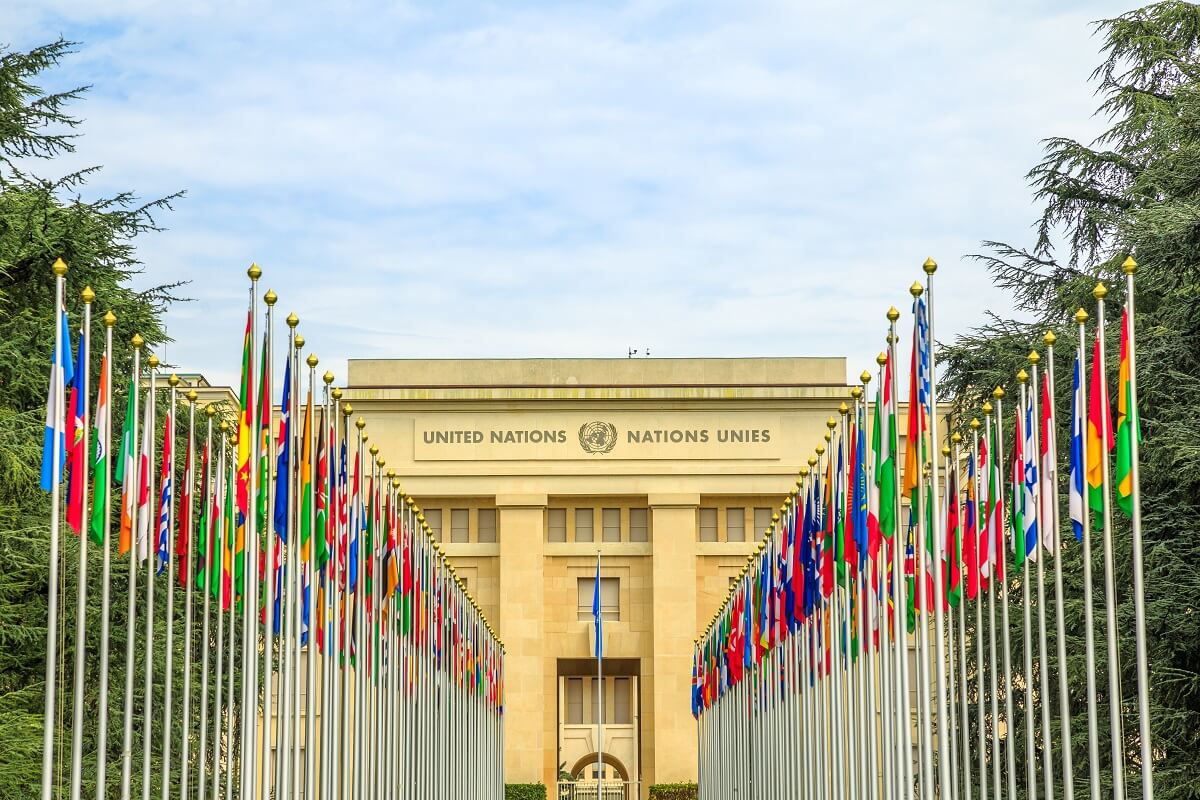UN Says Terrorists Are Funding Activities Through Crypto Transactions

Terror organizations are increasingly turning to cryptoassests to fund their activities, said United Nations (UN) officials.
During the UN’s Counter-Terrorism Committee (CTC) meeting in India on Friday and Saturday, the officials discussed the “threats and opportunities related to new payment technologies and fundraising methods,” including the use of these “new and emerging” technologies to fund terrorist activities.
One of the speakers was Svetlana Martynova, the Countering Financing of Terrorism Coordinator at the UN, who said that “prevalent methods” of financing terrorist organizations are still cash and hawala. The latter is a traditional money-transferring system, whereby the money doesn’t move physically – it is paid to an agent who instructs an associate in a specific country or area to pay the final recipient.
She added,
“However, there is also an increase of their use in combination with new payment methods.”
Terrorists are known to have abused privacy coins, virtual assets, mobile payments systems, as well as online exchanges and wallets, she said.
Martynova added that,
“Blockchains, cryptocurrencies, and crowdfunding sometimes pose a complex money trail for financial investigators to follow.”
As for methods, terrorists often use social media to solicit donations, they have online merchandise sales, and they utilise crowdfunding platforms.
Some of the new products and services can enable anonymous cross-border transfers, and the risks are compounded by the increasing number and types of service providers, as well as persisting gaps in the regulation and enforcement globally, Martynova stated.
The type and scale of abuses of the new financial instruments and technologies depend considerably on the regional and economic contexts, as well as the targets set by the terrorists.
At the same time, she argued, these new technologies can make Anti-Money Laundering / Combating the Financing of Terrorism (AML/CFT) faster and more effective. For this, “robust” private-public partnerships are essential in order to share information and gain a better understanding of the technology.
Therefore, Martynova concluded,
“The evolution in technology and new financial instruments presents significant economic opportunities, but are also at risk of being misused.”
Eurasian Group on Combatting Money Laundering and Terrorism Financing (EAG) Executive Secretary, Sergey Teterukov, shared a similar opinion in his speech.
Teterukov said that individuals and groups are using virtual assets to purchase goods on the darknet. But he too noted that a solution here might be a dialogue between the public sector, the regulators, and the private companies building the new technologies.
Martynova added that the UN member states need to “assess and address” the potential risks associated with the new financial instruments, as well as the use of new technologies to bolster financial inclusion and to contribute to the effective implementation of AML/CFT measures.
Meanwhile, UN Secretary-General António Guterres argued that these new technologies have an “unmatched potential to improve human conditions everywhere” – but that they can also be disastrously misused.
"Terrorists and others posing hateful ideologies are abusing new and emerging technologies to spread disinformation, foment discord, recruit and radicalize, mobilize resources and execute attacks," @UN Secretary-General @antonioguterres's message to #UNCTCEmergingTech
— United Nations CTED (@UN_CTED) October 29, 2022
____
Learn more:
– Global Anti-Money Laundering Watchdog Presses Countries, Crypto Exchanges to Implement Key Requirement Faster
– Illicit Activity’s Share in Crypto Shrinks, ‘Significant Problem’ Remains
– Crypto Hacking, Theft Rise This Year While Scams, Darknet Markets Retreat – Chainalysis
– Mixers Receiving ‘More Cryptocurrency than Ever in 2022’ – Chainalysis




